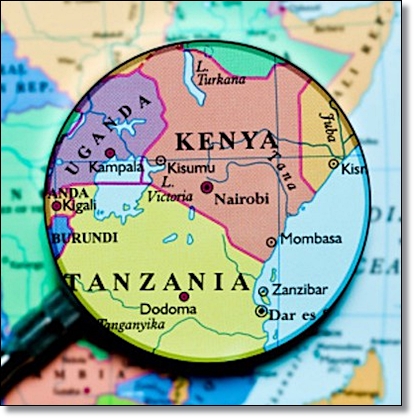It is Timely for Uganda to Rebase its GDP

 |
In the last couple of years, some African countries have rebased their GDP figure thrusting them into middle-income status. GDP rebasing is the changing from old base year price structure to a recent base year in compiling composition of GDP. It requires the national statistical offices to carry out a survey of businesses in different sectors and allocate weights to each sector based on the importance to the economy in the base year. Infact, most developed countries rebase their GDP and sector weights every five years in order to reflect the current structure of the economy in terms of consumption and production patterns.
In 2010, Ghana revalued its economy from 1993 base to 2006, increasing its overall GDP by over 60%. In April this year, Nigeria’s GDP rebased its GDP from 1990 base year to 2010 base year, increasing its GDP by 89% to $ 510 billion suddenly becoming Africa’s largest economy surpassing South Africa. Kenya in September this year revalued its base year from 2002 to 2009, which increased its GDP by 25 per cent to $53.4 billion in 2013.Tanzania is also expected to rebase its economy from 2001 base year to 2007 and that should provide higher estimates than its current GDP.
Uganda uses a base year of 2002 and since then the structure of the economy has vividly and substantially changed. The discovery of oil in 2006 is already changing the economic landscape, public investments have drastically increased since 2008, mobile money has since been introduced and grown exponentially, more banks and telecommunication players have entered the market, and there has been a heightened increase of foreign direct investments mainly to extractives, manufacturing and services sector. Supermarkets have replaced the omnipresent informal shops in urban areas, and the real estate has grown rapidly underpinned by the rapid growth in private sector. On the overall, over the last decade, Agriculture sector dominance in GDP composition has since dwindled over the years while services and industry sector have picked up. As such, there is need to revalue the GDP base year to capture the economic developments in the national accounts.
As of end of June 2014, Uganda’s nominal GDP stood at $ 24.5 billion. By safely assuming that Uganda’s GDP would change by same rate (25%) as Kenya, the figure would increase to $ 30 billion implying a GDP per capita of $ 860 for the estimated 35 million Ugandans. This should still be short of the Middle-income threshold of $ 1000, which implies Uganda would still qualify for the concessionary loans. The higher GDP would also heighten investors’ expectations, at the plus of attracting more investments: both domestic and foreign
The rebasing will have implications on the other metrics that are often referenced to GDP. For example with in the EAC, Uganda has committed to the performance criteria which requires a fiscal deficit, including grants as a percentage of GDP of 3%, present value of public debt as a percent of GDP of an utmost 50% as well as the revenue to GDP ratio of about 24%. Rebasing would mean a reduction in these ratios. For example, the already low revenue to GDP of 13% would reduce further but at same time, the lower debt to GDP ratio would mean more room for debt.
Lessons from other countries show that data matters more than methods in the revision exercise. Complete and meaningful revisions can take place only when data availability is improved. Uganda has a good foundation in the recently concluded Census and other household surveys. It is also important, it is done in an open and transparent manner, to minimise the risk of politicians hijacking the process for election purposes given that 2016 is in sight. Rebasing would also provide more accurate information to guide the next phase of the National Development Plan. Uganda we can- For God and my country.
By Enock Nyorekwa Twinoburyo
The author etwinon@gmail.com is a PhD Research Fellow at the University of South Africa.
